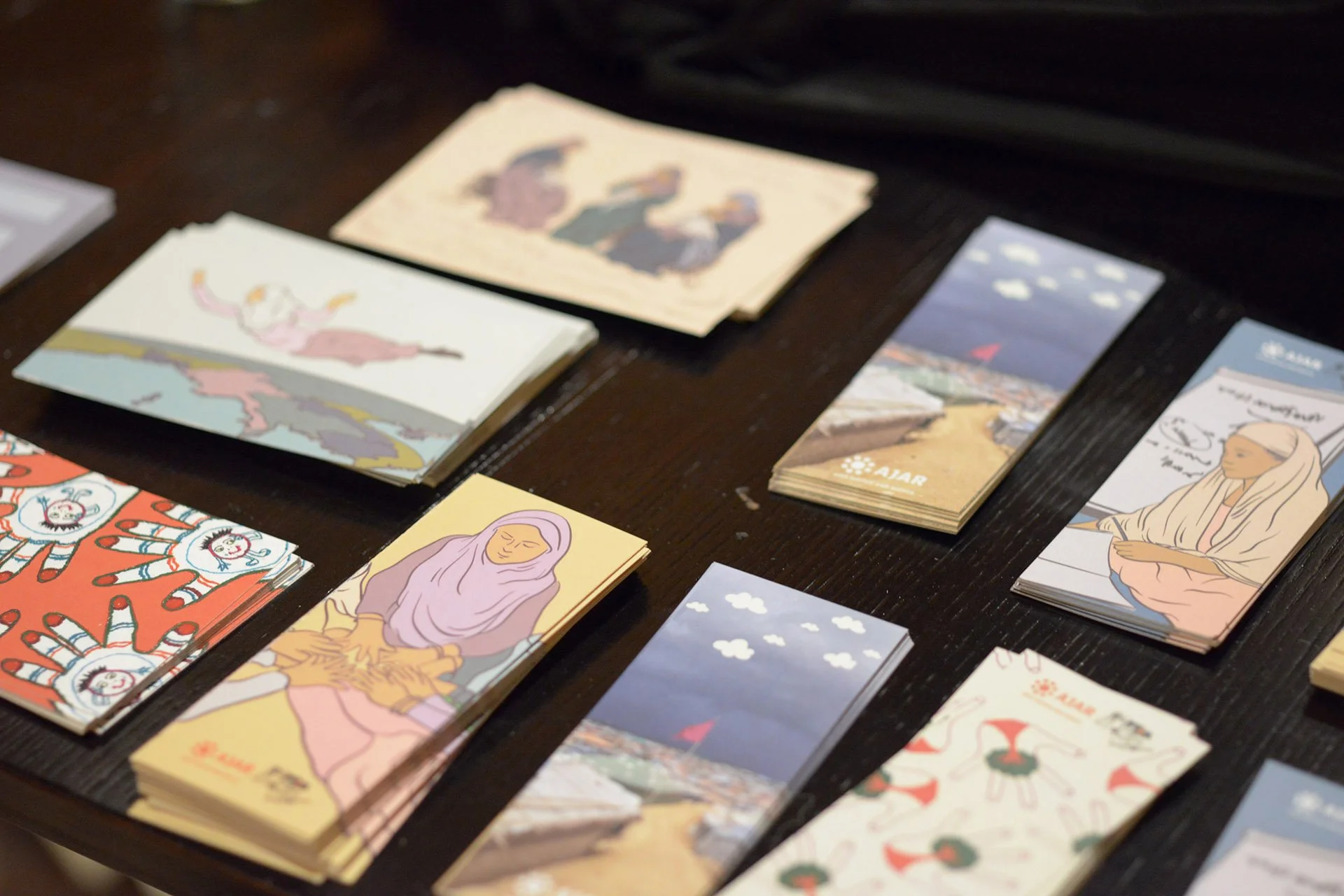Recommendations
People have a right to the truth, but their access to this right depends on many factors. Some of these factors are country-specific, such as the political will of leaders. Other factors impact access to truth across country contexts. Four such factors—conflict, gender, local approaches and COVID-19—are discussed in this report. The acceptance or rejection of truth can drive conflict, and conflict often distorts the truth, creating the need for new truth-telling processes. Gender identity and sexual orientation impact whether individuals are permitted to share the truth of what they’ve experienced through participation in acts of memory, justice-seeking or educational opportunities. Understanding local approaches to truth-seeking, truth-telling and preservation of a truthful historical record is critical, since local approaches to truth determine how communities perceive the impact of the past, what they share with younger generations and how they envision the future. Finally, the COVID-19 pandemic challenged, stalled or fundamentally changed how individuals and communities interact with memory, justice and education in nearly every country in the world.
These themes have been chosen for their cross-cutting nature, but each theme is not equally determinative in every situation or context. They both impact and are impacted by events in particular countries as well as by each other. The following thematic reports consider how each theme intersects with the core truth components of memory, justice and education, as well as identify recent trends in how these themes manifest detrimentally to or in support of truth.
Build coalitions to increase the impact of advocacy initiatives or to reach a greater number of affected communities.
Engage in ongoing outreach, education and consultation with local stakeholders, religious leaders and important community figures with the aim of developing common principles to guide a future truth, memory and justice process.
Include rural communities in memory and memorialization activities.
Amplify the voices of family members of killed or missing persons, particularly women, many of whom have significant expertise in collecting evidence and advocating for justice.
Seek out and mitigate barriers to participation in truth, memory and justice processes for marginalized groups such as women, youth, indigenous or minority communities, people with disabilities and rural, poor or illiterate people.
Protracted conflict affects multiple generations. Ensure that initiatives include different generations in a dialogue about issues related to truth, memory and justice.
When documenting violations, developing memorials or designing truth-telling activities, incorporate methods such as oral histories or art projects to overcome language or literacy barriers.
Mitigate the tensions between peace and justice issues by focusing on sequencing and timing of activities.
For Civil Society
Civil society and community-based organizations are on the front line of the pursuit of truth. They innovate memory and education initiatives, advocate for formal justice and memory mechanisms and are often the primary catalysts for including survivors, victims’ families and marginalized communities in truth-telling and accountability processes. By focusing on civil society and community perspectives, this report aims to provide a spotlight on the significance of civil society efforts in conflict and post-conflict spaces, hoping to introduce a wider audience to holistic, locally focused approaches to truth. It also hopes CSOs and community groups can draw inspiration and solidarity from peers experiencing similar situations in other countries. To that end, below are some general recommendations for civil society seeking to ensure their communities have access to the truth.
When documenting ongoing human rights violations or facilitating truth-seeking, ensure that the protocols being used align with the intended purpose(s) of the activity: advocacy, accountability, reconciliation, violence prevention, etc.
Develop protocols to protect those who share sensitive information as part of a truth-telling or accountability process, not only from retaliation by perpetrators but also from social stigma and community persecution.
For International Partners
As the country reports make clear, ensuring access to the truth requires collaboration from stakeholders at every level and in every position. Governments, civil society and international organizations all have interdependent roles to play. The following are general recommendations for international NGOs that seek to support memory, justice and education initiatives, whether by partnering with local organizations or advocating for truth within the international system. These recommendations do not pertain to any specific country, but are drawn from the findings of this report and lessons learned from the GIJTR’s work since 2016.
Engage in continuous diplomatic, legal and programmatic efforts to ensure a safe environment for media workers, human rights defenders and civil society activists.
Build locally appropriate and gender-sensitive psychosocial care for documenters and archivists into programs that support documentation of human rights violations.
Advocate with governments and civil society to consult with local stakeholders—including religious, traditional and informal community leaders—about truth-seeking, memory and accountability at every stage of design and implementation.
Consider how best to incorporate traditional justice and reconciliation mechanisms into truth-seeking and accountability practices.
Develop funding strategies that ensure local community-based organizations are the primary beneficiaries.
Support community-based art, dance, poetry, storytelling and music practices as means of preserving memory and processing collective trauma.
Recognizing that ongoing insecurity can perpetuate the impacts of violence, advocate with host governments to ensure that refugees and internally displaced people are consulted on relocation, repatriation and relief services.
Support state and locally led efforts to achieve police and judicial reform, end impunity for justice sector perpetrators of human rights violations and expand restorative justice programming.
When supporting state-led truth, memory and justice processes, consider how the outcomes of these processes will be communicated to the population, particularly the communities most affected by the violence.



